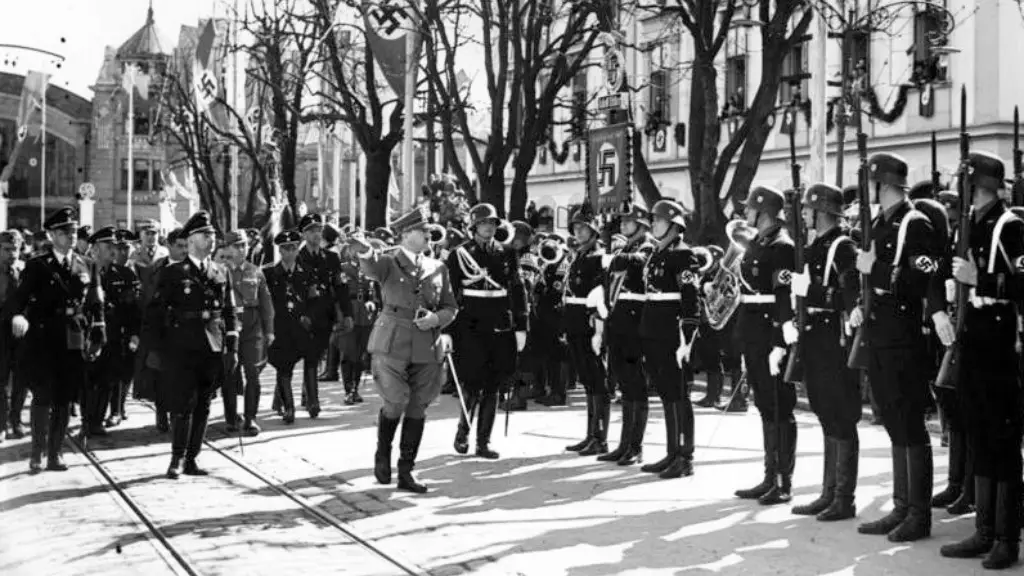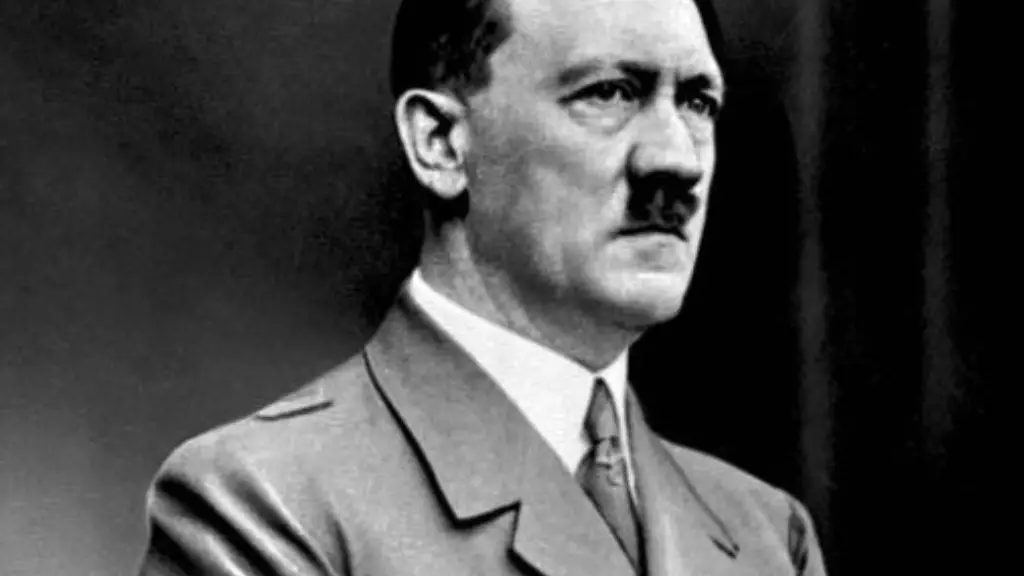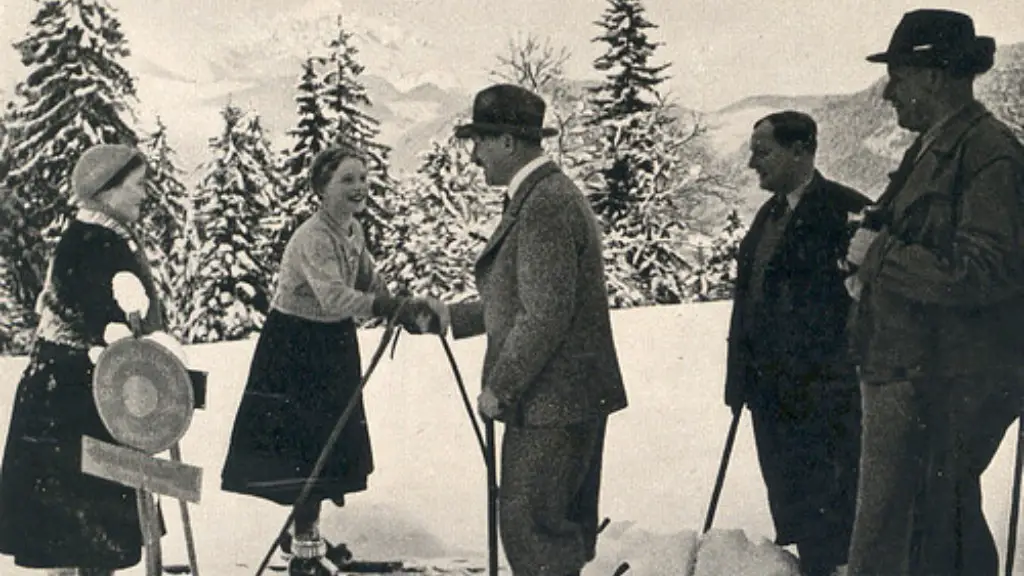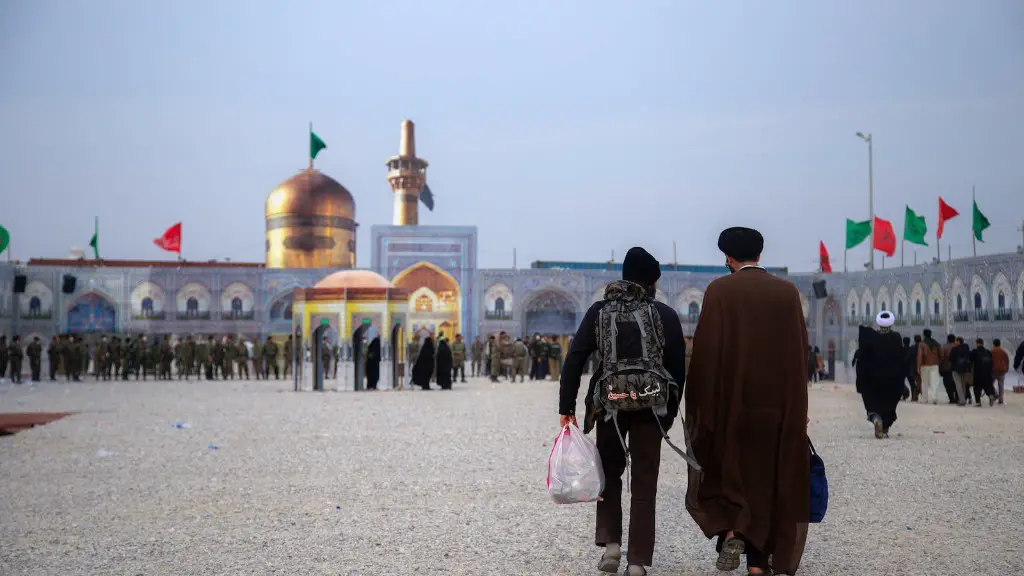A Guide To Adolf Hitler
Adolf Hitler was one of the most prominent political rulers of the 20th century. During his 12-year reign as president of Nazi Germany, he caused immense human suffering and left a legacy of violence and hate that continues to influence the world today. In this guide, we will explore the life of Adolf Hitler, his rise to power, his policies, and his overall negative impact on the world.
Adolf Hitler was born in 1889 in Braunau am Inn, Austria, the fourth child of Alois Schickelgruber and Klara Hitler. Adolf’s father was a customs official while his mother was a housekeeper. He experienced a turbulent childhood; his father was a strict authoritarian and his mother doted on him. At school, he was an average student who was often picked on by his peers.
From a young age, Adolf Hitler was passionate about art, and after failing to gain entry into Vienna’s Academy Of Fine Arts, he decided to pursue a career in politics. At this time, the German people were suffering from both the repercussions of the First World War and the humiliation of the Treaty of Versailles. Hitler emerged as the leader of the National Socialist German Workers’ Party and exploited the political and economic circumstances to his advantage.
Within a few years, Hitler gained an enormous following, and in 1933 he was appointed chancellor of Germany. As president, Hitler disseminated extreme nationalist and anti-Semitic attitudes, quickly abolishing the Weimar Republic and starting the twelve-year Nazi dictatorship. His ‘Final Solution’ was a plan to rid the world of those he deemed to have ‘inferior’ blood, leading to the deaths of millions of Jews and other minorities.
Hitler sought to increase the size and power of Germany, and his policies of militarisation and expansion eventually led to the outbreak of the Second World War in September 1939. Nazi Germany ultimately failed to achieve their vision of a ‘Greater German Reich’, as the Allied forces defeated them in May 1945. On 30 April 1945, Hitler committed suicide as the Russian troops stormed Berlin.
The legacy of Adolf Hitler remains strong today, as much of the world is still grappling with his horrific legacy. Hitler’s hateful rhetoric paved the way for extreme nationalist ideals, which continue to threaten humanity to this day. We must never forget the atrocities he committed and use his horrific actions to ensure that nothing like it ever happens again.
Impact On Europe
Adolf Hitler’s rule brought about drastic changes throughout Europe. His reign of terror caused great suffering with millions of people dying as a result of his policies. Hitler took over several European countries during the Second World War and brought with him economic policies and laws that favoured the Nazi Party. He used propaganda to control the populace and to spread hate and intolerance. Furthermore, Hitler’s expansionism set off a chain of events that eventually led to the Second World War, which caused immense destruction and the loss of millions of lives.
Hitler’s policy of constructivism led to the crumbling of democracy in Europe and replaced with totalitarianism. Under the Nazi regime, people were stripped of their basic human rights and were oppressed, persecuted and even killed for their beliefs. This had a devastating impact on people across Europe and the consequences can still be felt today.
Hitler’s legacy in Europe has been one of totalitarianism, hate, discrimination and genocide. It is estimated that millions of people died as a result of his policies, including millions of Jews in concentration camps across Europe. While some countries have come to terms with their past, others are still struggling to come to terms with it.
Today, the European Union (EU) is the closest thing to a unified Europe. While Europe is a far cry from the reign of Adolf Hitler, his legacy of intolerance, hate and violence can still be felt. Many countries are still struggling with the effects of his rule, and the EU is striving for a sense of unity, peace and tolerance that was absent during his rule.
Military Strategies
Adolf Hitler was a master strategist who led the powerful Nazi military forces to victories over much of Europe. He developed the strategy of Blitzkrieg, which combined air strikes with rapid, mobile ground attacks to rout enemy forces. Hitler also had a knack for exploiting weaknesses in his adversaries, making sure that all his forces were working in harmony in order to achieve maximum efficiency.
Hitler was also willing to take enormous risks in order to gain an advantage. He ordered his forces to invade the Soviet Union despite being outnumbered and to attack France despite the Maginot Line being firmly entrenched in the French border. Despite the odds, Hitler managed to win many battles due to his strategic thinking and the willingness of his troops to go on suicide missions.
However, Hitler’s military strategies ended up backfiring on him. His invasion of Russia and the Allies’ resistance to his advances led to the eventual downfall of the Nazi forces. The Allies also managed to gain an advantage with the introduction of the atomic bomb, which was instrumental in bringing the war to an end. Hitler’s legacy as a military strategist, therefore, is both of genius and mistakes.
Political Influences
Adolf Hitler’s political influence is still widely felt today. He was a master manipulator and used his skills to gain control over the German people and stir up feelings of national pride and loyalty. His effective use of propaganda and rhetoric enabled him to captivate the masses and gain their support. Unfortunately, these same tools were used to spread xenophobia, racism and anti-Semitism.
Hitler’s political ideas have also had an impact on modern right-wing political movements, who have been known to adopt some of his policies and rhetoric. Some of the most notable right-wing political figures, such as Donald Trump and Jair Bolsonaro, have been criticised for espousing similar views to those of the Nazi regime.
Despite all his negative influences, Hitler has left an undeniable mark on political history. His reign of terror and his effective use of propaganda have demonstrated the dangers of power and the potential for massive harm that a single person can cause.
Economic Policies
Adolf Hitler’s economic policies were decidedly pro-business and heavily focused on labour and industrial relations. His regime focused heavily on increasing production, reducing cost and expanding German exports. To achieve this, he adopted an aggressive policy of corporatism, which saw the government taking an active role in the economy and imposing rigorous controls on the private sector.
Hitler also worked to promote autarky, the idea of economic self-sufficiency. He launched massive public works projects and poured vast resources into the military-industrial complex, in an effort to make Germany largely self-sufficient. He also imposed strict import and export quotas to help protect German businesses against overseas competition.
However, despite these measures, Hitler’s economic policies ultimately failed. The over-extension of resources, inadequate planning and deteriorating international relations all contributed to Germany’s steady economic decline. The failure of his economic policies strained public opinion and ultimately led to his downfall.
Overall Impact
The overall legacy of Adolf Hitler is one of hate, violence and destruction. His policies led to immense human suffering and the deaths of millions of innocent people. Even today, his actions can still be felt as many countries continue to grapple with the aftermath of his rule.
Hitler’s legacy has been one of immense hatred, extremism, and intolerance. He is a reminder of the utmost importance of human rights and the need to protect democracy at all costs. His atrocities demonstrate that power can be a dangerous thing and his legacy serves as a reminder of the horror of unchecked power. In order to ensure that a similar tragedy does not happen again, we must remember the life and actions of Adolf Hitler so that future generations can learn from the mistakes of the past.




